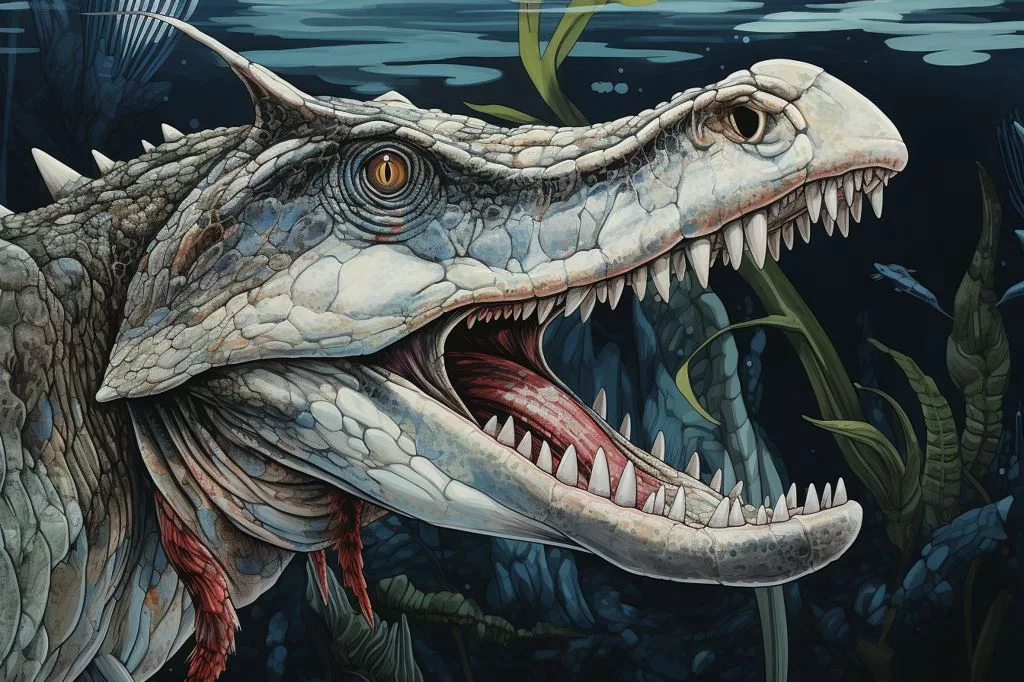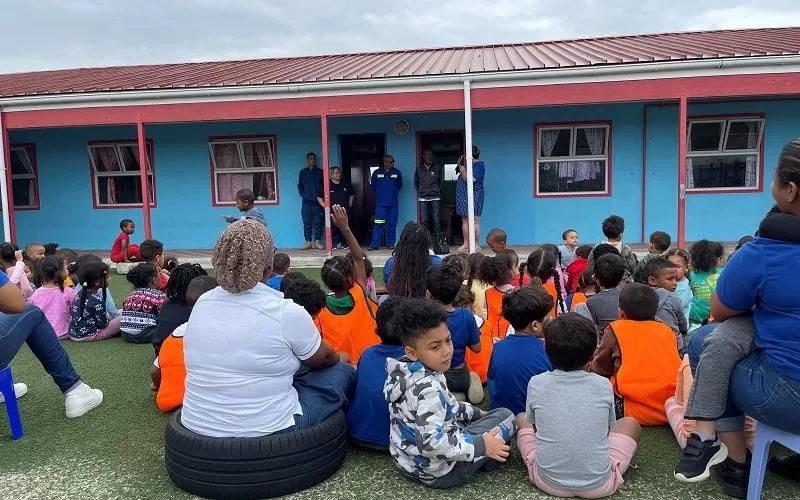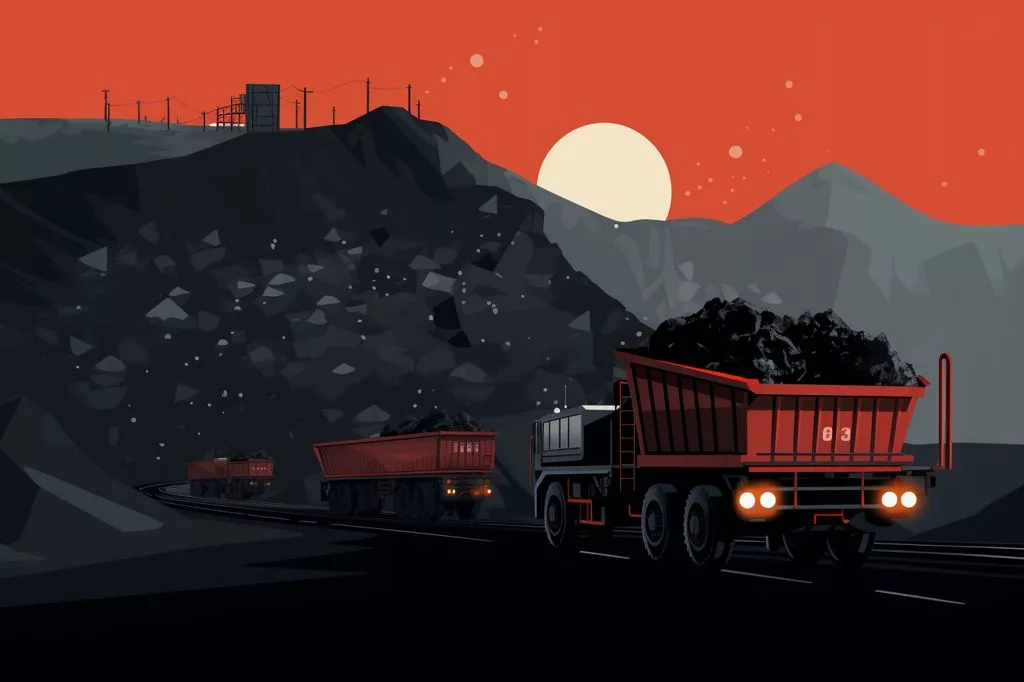The public’s involvement is crucial in shaping regulations that protect the nation’s threatened species and cultivates a stronger connection with their natural surroundings. The South African government is seeking public feedback on draft regulations and lists related to threatened or protected land and freshwater species. The consultation period is open for 30 days, and feedback can be submitted by mail, hand-delivered or email. The Department of Forestry, Fisheries, and the Environment is dedicated to a transparent and inclusive decision-making process to safeguard South Africa’s rich natural heritage for future generations.
What is the public consultation process for threatened land and freshwater species regulations in South Africa?
The public is invited to provide written feedback on the draft regulations and list of threatened or protected land and freshwater species. Feedback can be submitted by mail, hand-delivered, or email. The consultation period is open for 30 days following publication in the Government Gazette or newspaper. The public’s involvement is crucial in shaping regulations that protect the nation’s threatened species and cultivates a stronger connection with their natural surroundings.
Republication of Draft Regulations and Lists
Minister Barbara Creecy, leading the Department of Forestry, Fisheries, and the Environment, has declared the republication of draft regulations and lists concerning threatened or protected land and freshwater species. This action encourages public input on these documents, which discuss both safeguarded species and activities that are either banned or exempt.
The draft regulations, initially published in Government Gazette No. 49469, relate to recorded threatened or protected land species and freshwater species. The draft list, available in Government Gazette No. 49470, lists land and freshwater species that are either threatened or protected, along with limited activities that are either forbidden or exempt.
The existing Threatened or Protected Species (TOPS) Regulations, established in 2007, will be revoked and substituted by these draft regulations once they become effective. The new regulations were first published in February 2023 but were retracted in March 2023. The rescission and republication of the regulations and species list can be tracked through media announcements on the Department’s website, dated February 14, 2023, and April 5, 2023, respectively.
Procedure for Public Comments
The public is urged to provide written feedback on both the draft regulations and the draft list. These comments will be acknowledged until 30 days following the publication of the notices, either in the Government Gazette or the newspaper, whichever date is later.
For those preferring to submit their comments by mail, they can send them to:
The Director-General: Department of Forestry, Fisheries, and the Environment
Private Bag X447
Pretoria 0001
Alternatively, feedback can be hand-delivered to Environment House, situated at 473 Steve Biko Street, Arcadia, Pretoria, 0083.
Electronic submissions are also accepted and can be emailed to topsconsultation@dffe.gov.za.
Inquiries concerning this notice can be addressed to the following officials:
- For the draft regulations, contact Mr. Khuthadzo Mahamba at kmahamba@dffe.gov.za or by phone at 012 399 8845 or 064 880 8728.
- For the draft list of threatened or protected land species and freshwater species, as well as proposed limited activities, contact Ms. Tebogo Mashua at tmashua@dffe.gov.za or by phone at 066 282 5141.
Please be aware that feedback received after the deadline might not be considered.
Importance of Public Participation
The public consultation process is a crucial component in ensuring the preservation and protection of South Africa’s diverse land and freshwater species. By seeking input from the public, the Department of Forestry, Fisheries, and the Environment demonstrates its dedication to a transparent and inclusive decision-making process.
As the global community faces a rapidly worsening biodiversity crisis, it is essential for governments and communities to collaborate to safeguard threatened species and ecosystems. By updating and broadening regulations concerning threatened or protected land and freshwater species, South Africa can more effectively protect its rich natural heritage for future generations.
The public’s involvement in this consultation process is critical, as their contributions can help shape the regulations that eventually protect the nation’s threatened species. By participating in this discussion, citizens not only contribute to the conservation of South Africa’s unique biodiversity but also cultivate a stronger connection with their natural surroundings.
While the final regulations and species list will be determined after the public consultation process, it is clear that the Department of Forestry, Fisheries, and the Environment is taking significant measures to tackle the pressing issue of species conservation. Through the cooperation of government and citizens, the future of South Africa’s threatened land and freshwater species can be secured, ensuring the preservation of these valuable resources for generations to come.
1. What is the purpose of the public consultation on threatened land and freshwater species regulations in South Africa?
The purpose of the public consultation is to invite written feedback from the public on draft regulations and lists related to threatened or protected land and freshwater species in order to shape regulations that protect the nation’s threatened species and cultivates a stronger connection with their natural surroundings.
2. Who is leading the Department of Forestry, Fisheries, and the Environment in South Africa?
Minister Barbara Creecy is leading the Department of Forestry, Fisheries, and the Environment in South Africa and has declared the republication of draft regulations and lists concerning threatened or protected land and freshwater species.
3. What are the draft regulations and lists related to threatened or protected land and freshwater species?
The draft regulations relate to recorded threatened or protected land species and freshwater species, while the draft list lists land and freshwater species that are either threatened or protected, along with limited activities that are either forbidden or exempt.
4. What is the deadline for submitting feedback?
The deadline for submitting feedback is 30 days following the publication of the notices, either in the Government Gazette or the newspaper, whichever date is later.
5. How can feedback be submitted?
Feedback can be submitted by mail, hand-delivered, or email. If mailing, send comments to The Director-General: Department of Forestry, Fisheries, and the Environment, Private Bag X447, Pretoria 0001. If hand-delivering, feedback can be delivered to Environment House, situated at 473 Steve Biko Street, Arcadia, Pretoria, 0083. Electronic submissions are also accepted and can be emailed to topsconsultation@dffe.gov.za.
6. Who can be contacted for inquiries concerning the public consultation process?
Those with inquiries concerning the draft regulations can contact Mr. Khuthadzo Mahamba at kmahamba@dffe.gov.za or by phone at 012 399 8845 or 064 880 8728. Those with inquiries concerning the draft list of threatened or protected land species and freshwater species can contact Ms. Tebogo Mashua at tmashua@dffe.gov.za or by phone at 066 282 5141.
7. Why is public participation important in this consultation process?
Public participation is crucial to ensure the preservation and protection of South Africa’s diverse land and freshwater species. By seeking input from the public, the Department of Forestry, Fisheries, and the Environment demonstrates its dedication to a transparent and inclusive decision-making process and can more effectively protect its rich natural heritage for future generations.
8. What is the importance of updating and broadening regulations concerning threatened or protected land and freshwater species in South Africa?
Updating and broadening regulations concerning threatened or protected land and freshwater species in South Africa can more effectively protect its rich natural heritage for future generations. By tackling the issue of species conservation through the cooperation of government and citizens, the future of South Africa’s threatened land and freshwater species can be secured, ensuring the preservation of these valuable resources for generations to come.








